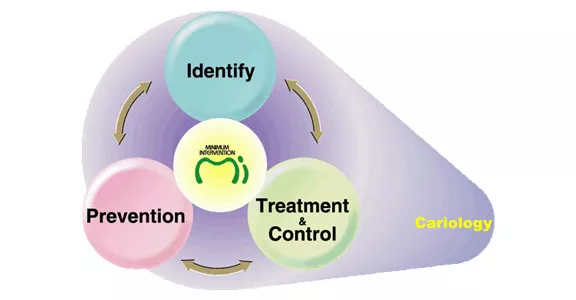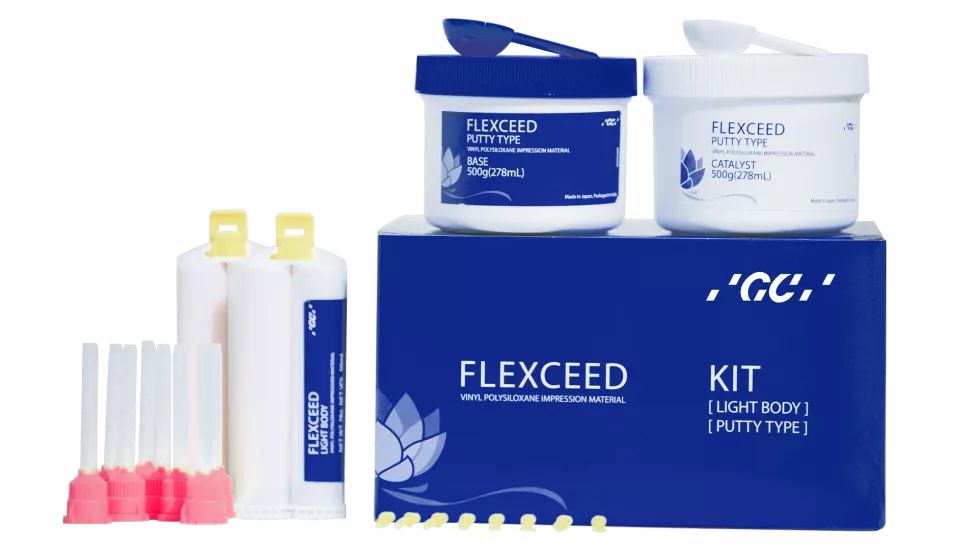MINIMUM INTERVENTION
08/02/2014
MINIMUM INTERVENTION
“Prevention of caries” and “removal of the smallest amount of decayed tooth structure” have always been the goals of dentistry.
Minimum Intervention is a total concept of the future way of practicing dentistry around the world. Minimum Intervention dentistry is a new approach to dentistry where restoration of the tooth becomes the last treatment decision.
It provides a practical approach to caries preventive measures based on the notion of demineralisation and remineralisation in a micro phase in order to retain healthy teeth.
Principles of Minimum Intervention Dentistry:

- Identify caries risk at an early stage by checking plaque accumulation, levels of bacteria in saliva, saliva buffering capacity and pH of resting saliva.
- Prevent means remineralize and heal early lesions whenever possible. Advise on dietary intake and supervise home care and oral hygiene with new preventive measures in order to enable remineralization and reduce possible harmful bacteria to a low level.
- Control means treatment of caries and maintainence of the restored tooth.
GC and Minimum Intervention:
GC is committed to the concept and principles of Minimum Intervention dentistry. GC is eager to contribute to the improvement of dental health for all people around the world by providing the techniques, materials, instruments and information in each of the three areas of dentistry.
- Identification of caries
- Prevention of caries
- Control of caries risk
GC offers the complete picture of Minimum Intervention for caries management.
Identification of caries risk:
- Evaluation of Saliva in resting and stimulated state
- Evaluation of caries activity in plaque
Prevention of caries risk:
- Use of fluoride releasing restorative materials
- Promotion of remineralization in teeth by use of CPP-ACP complex
Control of caries:
- Restoration of a tooth with Glass Ionomer



